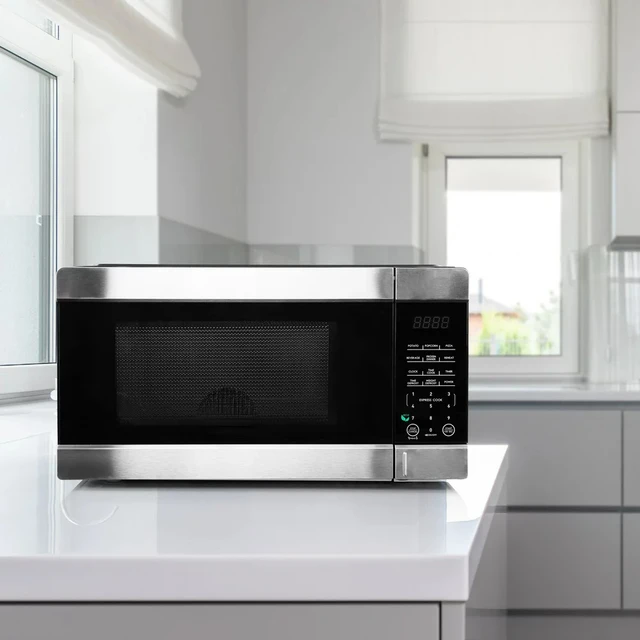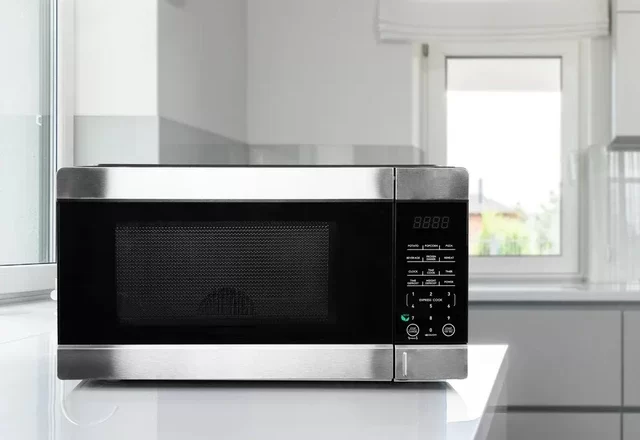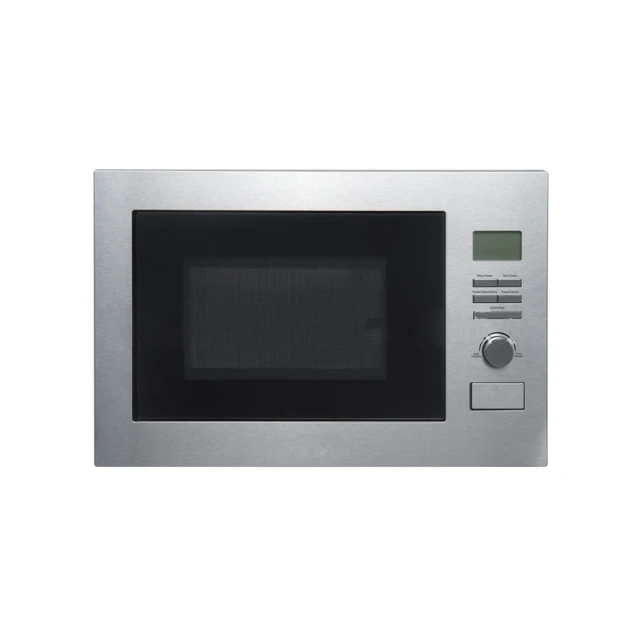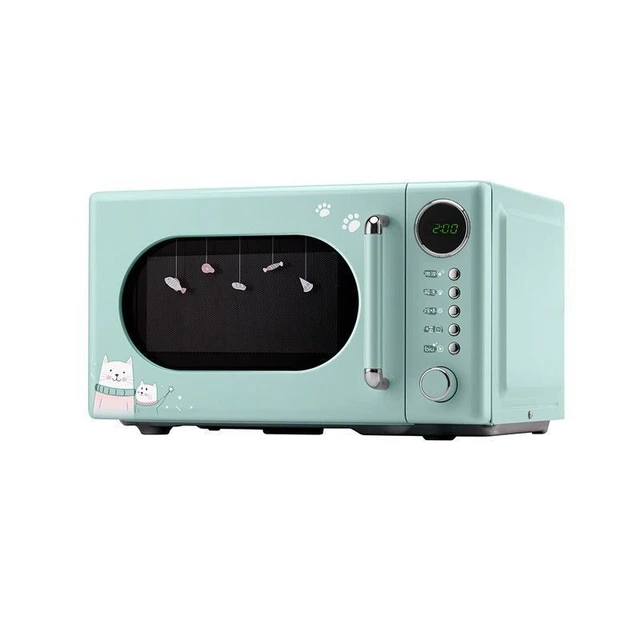Boiling water is a common kitchen task, and the microwave has become an indispensable tool for this purpose due to its speed and convenience. But how long does it actually take for water to boil in a microwave? This seemingly simple question is influenced by several factors, including the volume of water, the power of the microwave, and even the container used. This article delves deep into these factors, ensuring a thorough understanding and providing practical tips for boiling water efficiently in a microwave.
The Science Behind Microwaving Water
Before we delve into specific timings, it’s crucial to understand how microwaves heat and eventually boil water. Microwaves work by emitting waves of electromagnetic radiation that cause polar molecules, especially water, to move and generate heat through friction. This heat then raises the temperature of the water until it reaches the boiling point.
Factors Affecting Boiling Time
Several variables can influence how long it takes for water to come to a boil in a microwave. These variables include:
- Microwave Wattage: Power ratings for microwaves usually range from 600 to 1200 watts. Higher wattage means more power and quicker heating.
- Volume of Water: Larger volumes of water will naturally take longer to heat.
- Container Material and Shape: Different materials and shapes conduct heat differently.
- Initial Water Temperature: Cold water takes longer to reach boiling point than warm water does.
- Microwave Efficiency: Older microwaves or those with dirty interiors may be less efficient.
Microwave Wattage and Boiling Time
Microwave wattage is perhaps the most significant factor that will determine how long it takes to boil water. Here, we’ll explore some general guidelines for various wattages.
600 to 700 Watts
Lower-power microwaves (600-700 watts) will take the longest time to bring water to a boil. For these microwaves, expect:
- 1 cup (250 ml): Approximately 4 to 5 minutes.
- 2 cups (500 ml): Approximately 7 to 9 minutes.
- 4 cups (1 liter): Approximately 14 to 18 minutes.
800 to 1000 Watts
Microwaves in this range are more common and will heat water more quickly:
- 1 cup (250 ml): Approximately 2.5 to 3.5 minutes.
- 2 cups (500 ml): Approximately 4 to 5 minutes.
- 4 cups (1 liter): Approximately 9 to 11 minutes.
1100 to 1200 Watts and Above
Higher-wattage microwaves are the most efficient at boiling water quickly:
- 1 cup (250 ml): Approximately 1.5 to 2.5 minutes.
- 2 cups (500 ml): Approximately 3 to 4 minutes.
- 4 cups (1 liter): Approximately 7 to 8 minutes.
Volume of Water and Boiling Time
The amount of water you’re trying to heat dramatically impacts the boiling time. Let’s explore different volumes:
Small Quantities (1-2 Cups)
For small quantities such as 1 to 2 cups, the boiling time is relatively short. Microwaves, especially those with higher wattages, can bring small volumes of water to a boil very quickly.
Moderate Quantities (2-4 Cups)
When dealing with moderate quantities, the boiling time increases but remains manageable. Higher-wattage microwaves excel at heating these volumes with speed.
Large Quantities (More than 4 Cups)
Larger quantities of water will naturally require more time to reach boiling point. If you frequently need to boil large volumes of water, a high-wattage microwave or even a conventional stovetop might be more efficient.
The Role of Container Material and Shape
The material and shape of the container you use can also affect the boiling time. Here are a few considerations:
Material
- Glass: Glass containers are excellent for microwaving because they distribute heat evenly and are microwave-safe. However, they can take longer to heat up initially.
- Ceramic: Similar to glass, ceramic containers are generally safe but can take time to heat.
- Plastic: Only use microwave-safe plastics. They heat up quickly but can melt or deform if not designed for microwave use.
Shape
- Shallow, Wide Containers: These containers expose more surface area to the microwaves, often resulting in faster heating times.
- Tall, Narrow Containers: These may take longer to heat because less surface area is exposed.
Initial Water Temperature
The initial temperature of the water plays a significant role in how long it takes to reach the boiling point.
Cold Water
Starting with cold water (typically around 50°F or 10°C) will naturally increase the boiling time.
Room Temperature Water
Water at room temperature (around 68°F to 72°F or 20°C to 22°C) will boil faster than cold water.
Warm Water
Warm water from the tap (around 105°F to 120°F or 40°C to 50°C) will reach boiling point the fastest.
Microwave Efficiency and Maintenance
A well-maintained microwave operates more efficiently. Dirt, food splatters, and general wear and tear can reduce a microwave’s efficiency over time. Clean the interior of your microwave regularly and ensure it’s in good working condition to optimize performance.
Practical Tips for Boiling Water in a Microwave
Here are some practical tips to get the best results when boiling water in a microwave:
Use a Microwave-Safe Container
Always use containers labeled microwave-safe. This ensures the container won’t melt or release harmful chemicals.
Avoid Superheating
Superheating occurs when water is heated beyond its boiling point without actually boiling. To prevent this, place a wooden stick (like a popsicle stick) or a microwave-safe object in the container. This provides nucleation sites for bubbles to form, reducing the risk of superheating.
Stir the Water
Stir the water before microwaving to help distribute heat evenly. Stirring halfway through the heating process can also prevent uneven heating.
Monitor the Process
Always keep an eye on the water as it heats. Microwaves can heat unevenly, and it’s possible for water to boil over.
Use a Lid or Microwave Cover
Using a microwave-safe cover or lid can help retain heat and bring water to a boil faster. Just make sure the cover is vented, so pressure doesn’t build up.
Safety Considerations
Boiling water in a microwave is generally safe, but there are some precautions:
Avoid Boiling Too Much Water
Boiling large volumes of water can lead to spills and burns. Stick to moderate quantities unless you have a large microwave with a high wattage.
Use Oven Mitts or Cloths
Containers can become extremely hot. Always use oven mitts or thick cloths to handle hot containers.
Beware of Steam Burns
Steam can cause serious burns. Open the microwave door carefully and keep your face and hands away from the container as you remove it.
 Common Misconceptions
Common Misconceptions
Myth: Microwaved Water is Unsafe
Some people believe that microwaved water is unsafe for consumption. However, studies have shown that water boiled in a microwave is perfectly safe to drink.
Myth: Microwaves Remove Essential Nutrients
While microwaves can reduce the nutritional value of certain foods, boiling water in a microwave does not remove any nutrients or alter its quality.
Advanced Tips for Efficient Boiling
Combine Methods
For those who need to boil water frequently, combining microwave heating with other methods can expedite the process. For example, start heating the water in the microwave and then transfer it to the stovetop for the final boil.
Use a Temperature Probe
If precision is key, use a microwave that comes with a built-in temperature probe to monitor the water’s temperature accurately.
Preheat the Microwave
If you have the habit of quickly opening and closing the microwave door, you might lose valuable heat. Preheat the microwave for a few seconds before placing the container inside.
Conclusion
Boiling water in a microwave can be quick and efficient if you consider all the influencing factors, including microwave wattage, water volume, container material, initial water temperature, and microwave efficiency. Additionally, following practical and safety tips can ensure you achieve optimal results while minimizing risks.
While this guide provides a comprehensive overview, individual results may vary due to specific microwave models and conditions. However, armed with this information, you can now approach the task with confidence, knowing precisely how to boil water efficiently in your microwave.
By understanding these factors and following the guidelines provided, you can enjoy the convenience of boiling water quickly and safely in your microwave.



